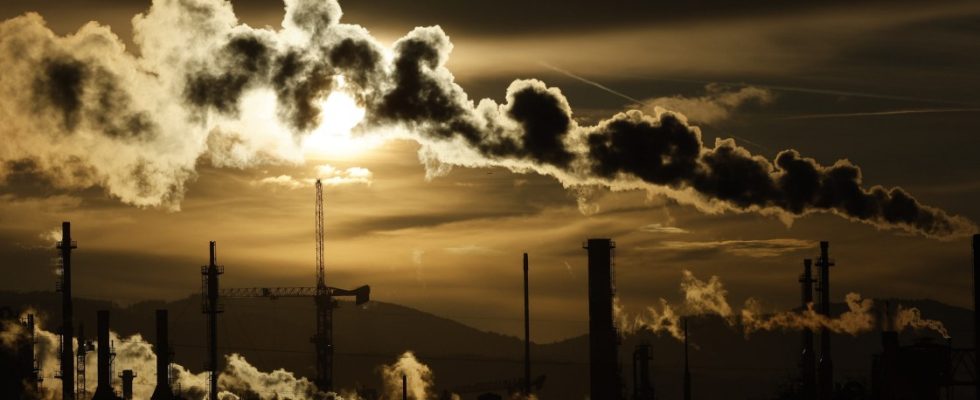The bad news comprises 47 pages, 231 sub-points and several appendices, its language is sober. On 47 pages, climate diplomats have compiled how far the Paris climate agreement has brought the world. The result: Not very far. “While some progress is being made, much more is needed, on all fronts” – that’s what it says in line 4. And, a few lines further: “The world is not on track to achieve the long-term goals of the Paris Agreement.”
This is how the “synthesis report on the technical dialogue on the global inventory” begins, which the UN Climate Secretariat presented in Bonn on Friday. What appears to be technical is actually the core of global climate policy in the coming months. The global community has failed to deliver – and now urgently needs to consider how to respond.
A “rigorous approach” is necessary, the authors write
Because this “global inventory” is at the heart of the Paris Agreement. In it, the states promised each other to pursue national plans for climate protection. Overall, all of these plans are intended to reduce emissions – the goal: global warming by a maximum of two, or better, 1.5 degrees Celsius. Every few years, an inventory should clarify how far the beautiful promises have carried. If it’s not enough, the states have to step up. And this process will take place for the first time this year, in November and December, at the climate conference in Dubai. States must do more by 2025 if their plans have not provided enough climate protection. That’s what it looks like.
The recommendations from the synthesis report are not particularly concrete, but they are clear. What is needed is a “rigorous approach” that encompasses the entire economy and the entire society. More and more reliable support is needed for countries that are already feeling the consequences of the climate crisis. Solutions for doing business in a more climate-friendly way are already available in many areas.
The report hardly mentions any concrete figures and no main culprits
“This report is a wake-up call,” says Ani Dasgupta, president of the World Resources Institute in Washington, “about the injustice of the climate crisis and the critical opportunity to change course.” However, the report also contains a lot of “friendly prose”.
In fact, the paper, which was created after weeks of consultations, gives few concrete figures and does not name the main culprits. But it should give the starting signal for further negotiations – in time before the states meet in New York for the UN General Assembly the week after next. The discussions will then become more concrete at the climate conference in Dubai. “We urgently need to break with ‘business as usual’ and unite like never before,” said Sultan Al Jaber, president-elect of the climate conference, “to move from goals to action.”

